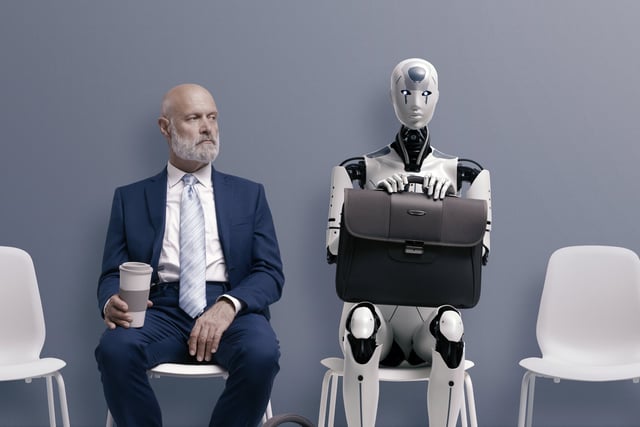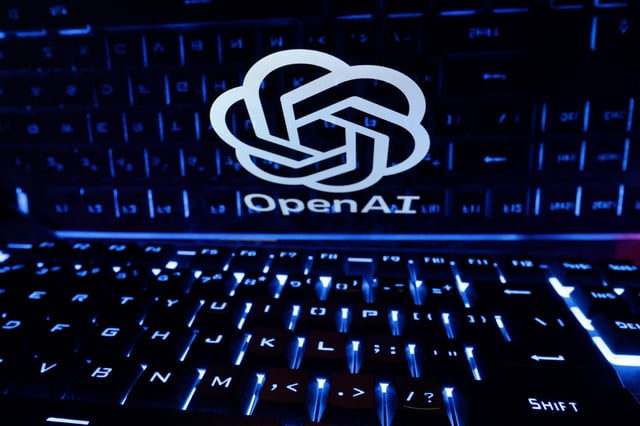Overview
- IBM has announced plans to replace 200 HR staff with chatbots and aims to cut up to 8,000 routine positions by year’s end
- Industry leaders identify emerging roles such as prompt engineers, AI ethics officers and AI-assisted healthcare technicians to manage and guide AI systems
- A study finds 61% of workers adopt AI tools independently while research shows disclosing AI use significantly undermines professional trust
- Generative AI chatbots now top global use cases for emotional support but experts warn of misinterpretation, data-privacy risks and lack of clinical oversight
- An OpenAI model scored gold-medal performance at the International Math Olympiad, showcasing advanced reasoning even as AI’s moral judgment remains limited



